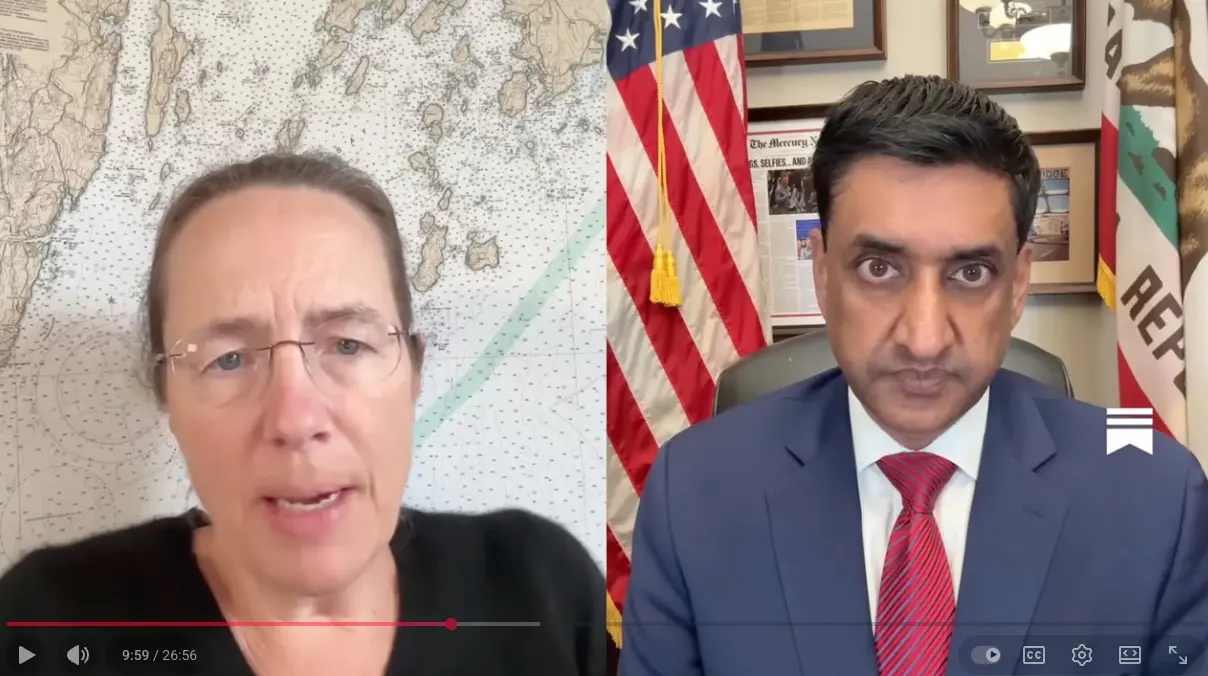Or: How Milton Friedman destroyed Western civilization, the neolliberalism story.
An economic ideology first theorized in the 40s and 50s by scholars, it was brought to popular attention in the 1970s by the works of economist Milton Friedman and novelist Ayn Rand among others. It grew in popularity and became widely adopted in U.S. economic policy beginning with Ronald Reagan in the 80s.
The essential heart of neoliberalism is the idea of the rich as top performers and job creators, driving the economy forward through their achievements and innovations; and that societies work best with little government regulation and where citizens are shaped to work according to market principles. Its adoption as a major driver of policy effectively undid many of the gains to middle class opportunity created by the New Deal, FDR‘s ambitious public works project that pulled the nation out from the grips of the Great Depression following the 1929 crash on Wall Street.
Neoliberalism is the dominant economic orthodoxy in the modern era. It is both a political and a financial ideology, with the following extremist beliefs:
- Antigovernment sentiment — Their pitch is that all governments, including democratic ones, threaten individual liberty and must be stopped (or “drowned in the bathtub,” in the words of anti-tax zealots and movement conservatives).
- Free markets should conquer governments — They claim, absurdly, that the toppling of self-governance would improve both economies and individual liberties.
- The victory of markets is inevitable and there is nothing you can do about it — The fall of the Soviet Union and Cold War Communism was deemed the “end of history” by neoliberals, who believed that laissez-faire free market capitalism would inevitably triumph over all other forms of economic and political systems.
- Economies work best when governments don’t intervene — Neoliberals want to prevent the powers of government from interfering with their ability to cut corners, dump industrial waste, pay fair wages, offer benefits, adhere to safety standards, engage in deceptive advertising, commit tax evasion, and so on — while continuing to supply them a steady stream of the public’s money via unpaid for tax cuts that balloon holes in the deficit. They fight against regulation tooth and nail, and try to claim that markets operate “naturally” as if under something akin to laws of physics — while failing to mention that there are no markets without regulation, without standards of fairness, without a justice system to enforce contracts and do its best to ensure a relatively equal business playing field.
- The alchemy of neoliberalism will transmute greed into gold for everyone — The neoliberal promise is about spreading wealth, freedom, and democracy around the world — at the barrel of a gun, missile, or drone if necessary. Neoliberals consider greed to be the essence of human nature, and have modeled an entire societal system around this most base of human instincts. They claim, improbably — and surely many are True Believers — that narcissism and the aggressive pursuit of power and wealth will somehow magically create peace, happiness, and riches for everyone.
The insistence that governments and self-rule should be subordinated to the ultra-rich, to the oligarchs — that, to me, is the core essence of why this framework is evil. The staggeringly dissonant conviction about transforming sociopathy into global peace is a very close second.
Since the 1970s and accelerating with Reagan years, wealthy elites in the right wing have been spending gobs of their ill-earned wealth on creating a conservative movement echo chamber of think tanks, talk radio, literature, televangelists, YouTube streamers, and more — it is the vast right-wing conspiracy Hillary Clinton warned us about. It most certainly exists, and it most certainly is aggressively pursuing its political aims to disenfranchise the American people as fully as possible, so as to better walk away with an absurdly unjust share of the mutually created wealth by the wealth of intelligent and diligent labor here in the United States.
Common whites
It appeals to the MAGA crowd because it allows them to vicariously tag along with the rich and powerful right-wing bigots who flaunt and dangle their wealth in front of the plebes by which to entice them to open up their wallets and send in a meagre donation for this or that white victimhood fund that does nothing but enrich the scam artists who run it as a hollow shell. It validates their hardcore white supremacy and casual racism alike, provides the sadistic satisfaction of attacking their enemies (symbolically and/or literally), gives them something to do and believe in, and keeps them entertained while their pockets are being fleeced in broad daylight.
Neoliberalism has succeeded in undermining some of the last shreds of democratic infrastructure and civic goodwill in society at this point in American political history. The defenses brilliantly architected by the Founders to ensure checks and balances would manage the power games in Washington to within workable levels have frayed even further under 4 years of Trump, and the vitriol of the January 6 coup attempt and insurrection that’s fueled further right-wing Big Lie entrenchment and domestic terrorist extremism.
Democracy is in crisis, and neoliberalism the culprit of this hostage story.
At least Joe Biden is correct in his analysis of the solution: we should tax the rich.
